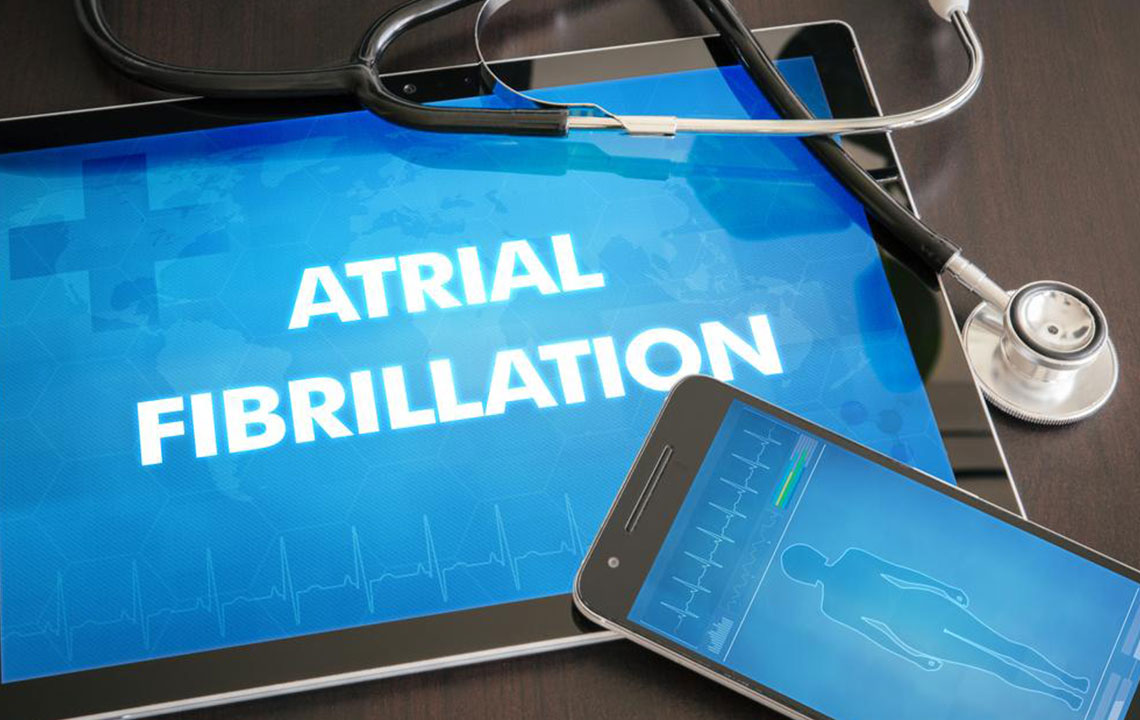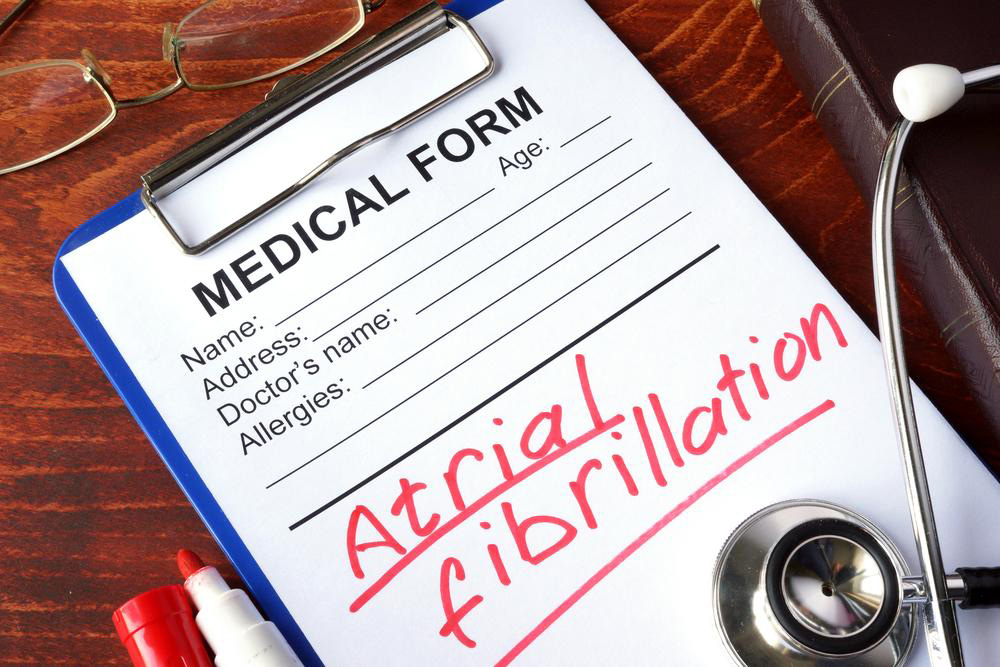Understanding the Diagnosis and Management of Atrial Fibrillation
This article explains how atrial fibrillation is diagnosed and managed, emphasizing symptoms, risk factors, and treatment options. Key diagnostic tools like ECG are highlighted, along with the importance of controlling heart rhythm and preventing strokes with medications. Understanding these aspects helps in early detection and effective management of AFib, reducing its complications.

Understanding the Diagnosis and Management of Atrial Fibrillation
Atrial fibrillation (AFib) primarily impacts older adults, with thousands of new cases diagnosed annually to prevent stroke related to the condition. Risk factors increase with age, affecting about 10% of the population, and younger individuals with heart conditions can also develop AFib. Diagnosis often involves recognizing symptoms such as irregular heartbeat, dizziness, chest pain, and shortness of breath. Proper treatment focuses on controlling heart rhythm and preventing strokes using medications and lifestyle adjustments.
High blood pressure is a significant contributor, exerting stress on the heart and elevating AFib risk. Conditions like pericardial diseases, hypertrophic cardiomyopathy, pneumonia, obesity, alcohol abuse, and lung cancer can also trigger AFib. Accurate diagnosis and targeted treatments are essential to prevent progression and manage symptoms effectively.
Symptoms such as dizziness, chest pain—both at rest and during activity—and rapid, irregular heartbeats are common indicators of AFib. Shortness of breath, especially when anxious or physically active, can also signal the condition. Electrocardiogram (ECG) tests are the primary diagnostic tools to confirm AFib, while ultrasound procedures can identify underlying issues contributing to the condition. Managing AFib involves regulating heart rate, ensuring regular rhythm, and using anticoagulants to reduce stroke risk.
Important Notice:
This article provides general information about symptoms, diagnoses, and treatments related to atrial fibrillation. It is not intended as medical advice. Always consult licensed healthcare professionals for personalized diagnosis and treatment options. Use this information responsibly and do not substitute it for professional medical consultation.










